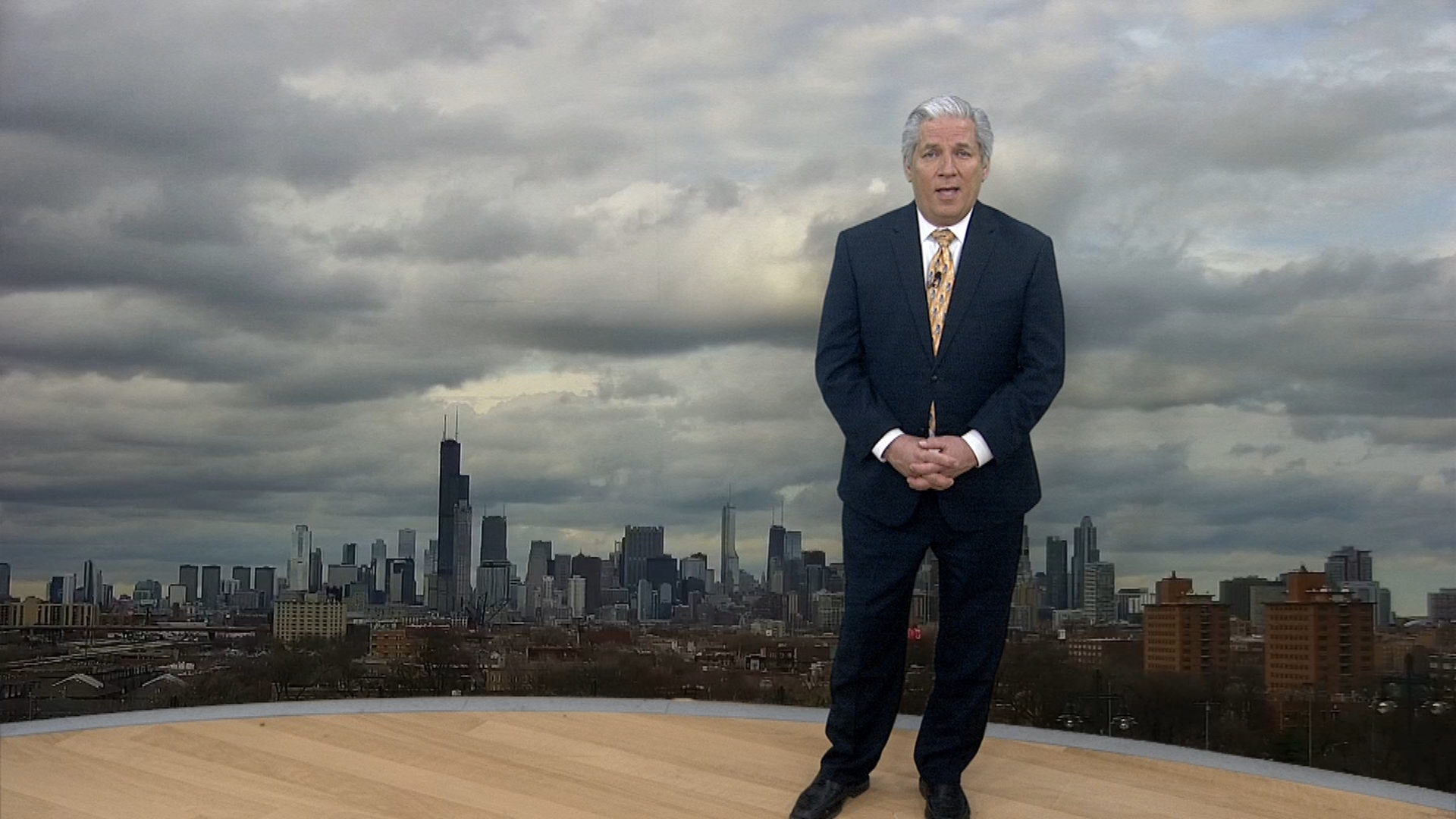With the arrival of the long-awaited COVID-19 booster shots geared to target BA.4 and BA.5 omicron subvariants, many may be curious about how effective are the new vaccines.
With COVID cases anticipated to rise again as fall gets underway, health officials widely encourage those eligible to get the recently-updated "bivalent" booster shot as soon as possible.
Containing half the original vaccine recipe and half protection against the newest omicron versions, the boosters are said to offer better protection than those previously administered. As the winter months inch closer, Dr. Allison Arwady, commissioner of the Chicago Department of Public Health, has advised residents to not wait when it comes to getting vaccinated and boosted.
"Colder weather is coming and residents are starting to move indoors, which is traditionally when we see respiratory virus rates rise..." she said in a news release, in part. "Do it now to protect yourself, your family, and our whole city."
Anyone who has received a primary COVID vaccine is eligible two months from their last dose of either the original vaccines or the previous booster shots. Currently, there are no restrictions for getting the booster around a recent COVID infection.
Arwady, who recently recovered from COVID herself, acknowledged while there is no requirement to wait, some people might consider postponing their latest dose if they've been recently infected - depending on a few things.
"As a reminder, everybody should go ahead and get that bivalent booster if it's been two months since their most recent recent COVID vaccine... But for people who have recently had COVID, what the CDC has said is you do not have to wait," the doctor said during a previous Facebook Live. "But you might consider waiting up to three months and that's not because there's any danger to you. If you get the vaccine earlier, it doesn't hurt you, but when you've just recently recovered from COVID, you actually have quite a lot of antibodies and protection and thinking about wanting to sort of extend that that that level of protection."
Arwady said because she contracted COVID in late-August, she plans on getting the next booster shot in November at the latest, as long as the BA.5 variant remains dominant.
Local
She also said that some people, particularly those at highest risk of infection, may want to get boosted sooner.
"I am not planning to get mine just yet based on those variant changes that we're seeing, but if over the next couple of weeks, we were to see one of the variants emerge and that really start to change, yes, I probably would get it a little bit earlier," she said. "I also don't have significant underlying conditions and for some people they may decide to get it earlier."
Feeling out of the loop? We'll catch you up on the Chicago news you need to know. Sign up for the weekly Chicago Catch-Up newsletter.
While health officials have said vaccines continue to show effective protection, particularly when it comes to severe outcomes of the virus, experts hope the newest shots could go even further.
"One of the reasons we're really excited about this updated COVID vaccine is because, different than for the last year or so, we're back to having a match," Arwady previously said. "So this updated vaccine - kind of like at the beginning those first vaccines were highly protective, we weren't seeing a lot of breakthrough... now again, while it is a good match, I would expect there to be significantly more protection against infection as well."
The updated boosters tweak the recipe of shots made by Pfizer and rival Moderna that already have saved millions of lives. The hope is that the modified boosters will blunt yet another surge.
"We are back right now to a 99% match between what we are seeing spread and the protection that the vaccine can give," Arwady said. "And my worry is we're going to miss the window. People aren't going to choose to get that updated booster and we will miss the opportunity on an individual level, but more importantly on the societal level to be in the best possible shape heading into winter. I don't know whether we're going to see a new variant emerge in the way omicron did last year. I certainly hope not, but the more people can be matched to what is circulating now, the protection will be better."
Here's more information about the bivalent booster shots, including who is eligible, whether you can mix-and-match and possible side effects.



